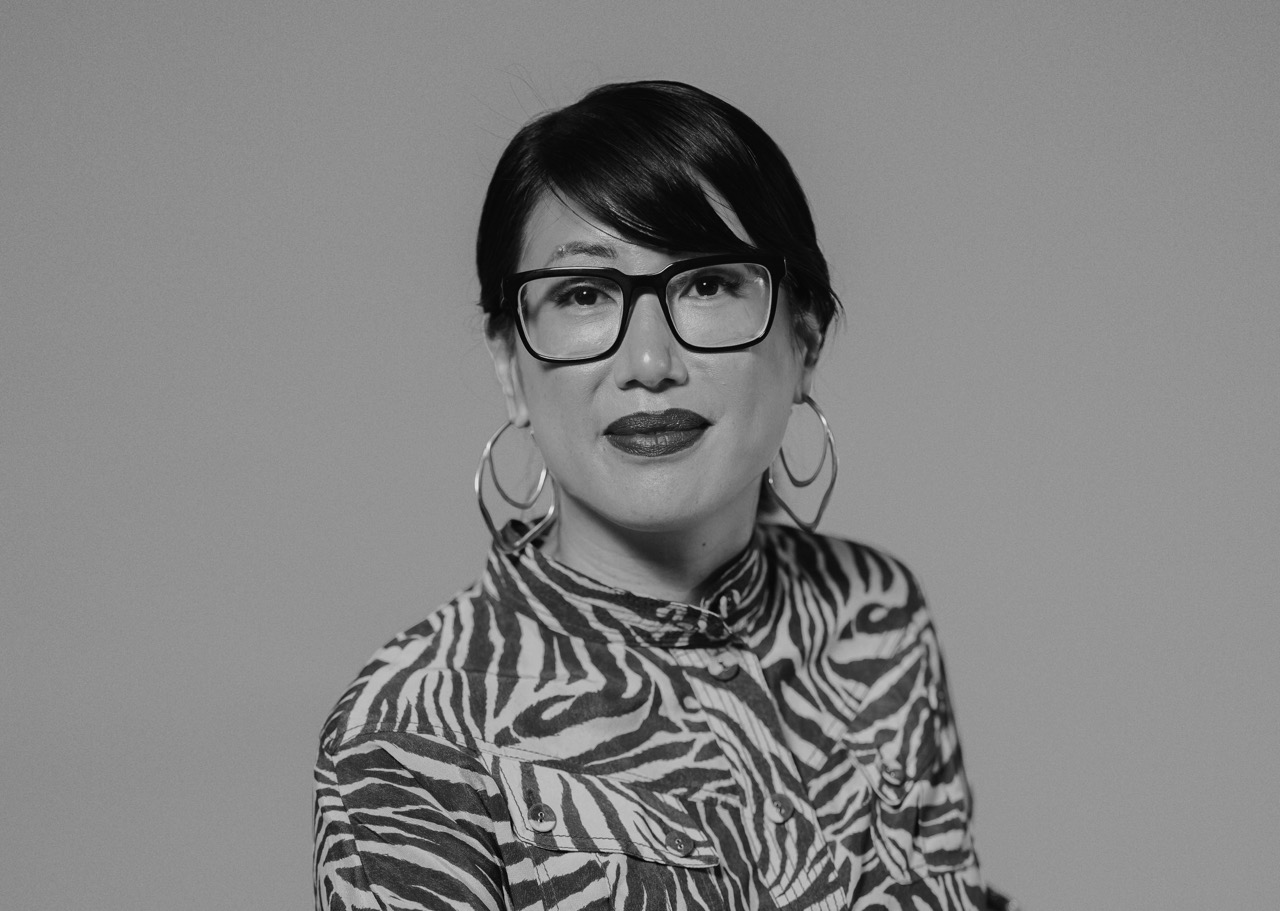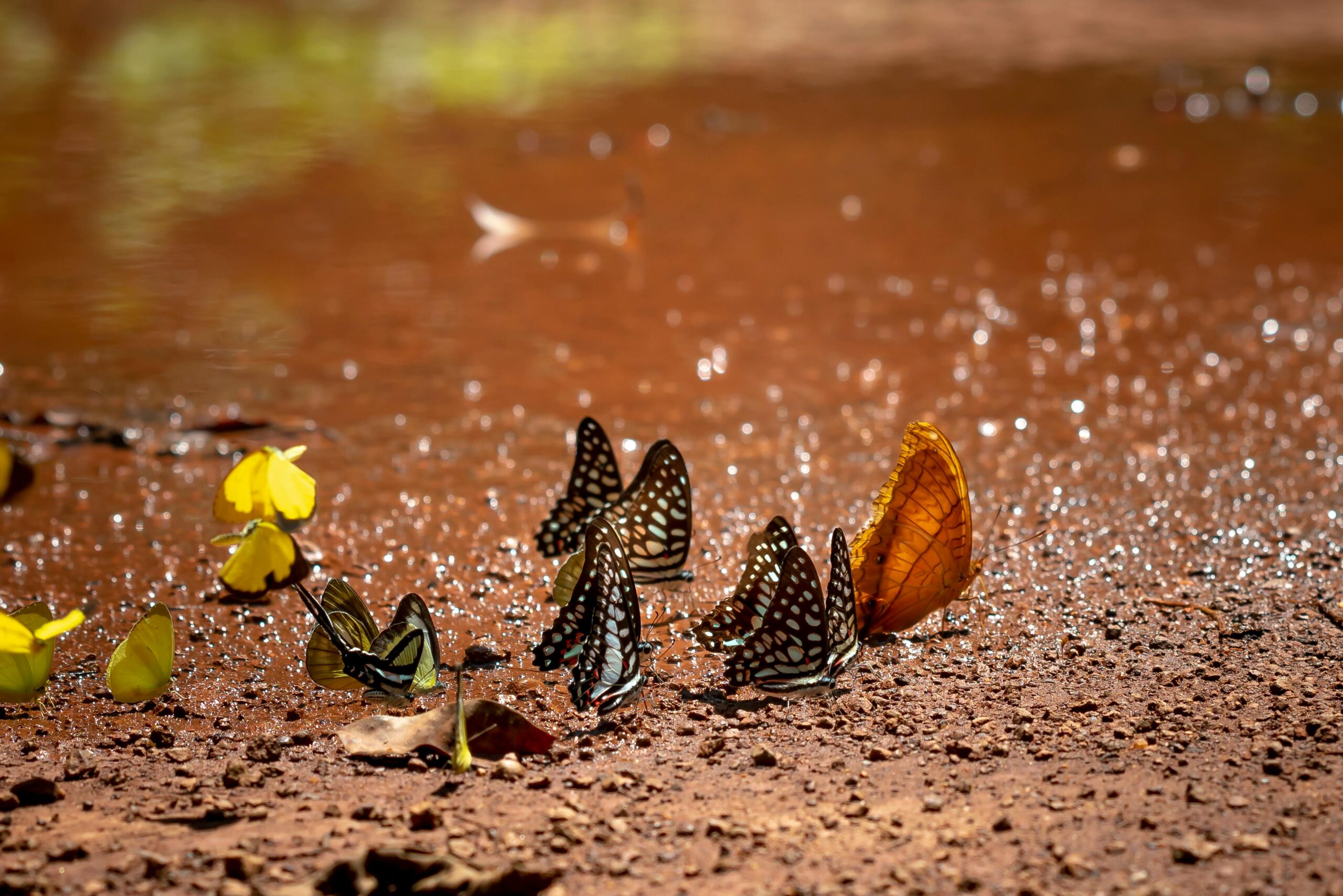Money, Power, and Equality: A Conversation with Stacey Ong


On Divesting From Convenience Culture
Originally, I’d planned this piece to explore collective care through the lens of my own experience of becoming a mother in March 2020, when the world – and particularly my pocket of it in Melbourne, Australia – was implementing strict lockdowns and public safety protocols in response to the Covid-19 pandemic.
Caring for a newborn in the isolation of lockdown set off a chain reaction of considerations about self-care vs. community care that I don’t know would have occurred during a typical postpartum, unmarred by global events. It caused an unprecedented rearranging of priorities and values and was the defining moment for me – in the way that experiencing a difficulty first-hand is almost always the defining moment for those whose lives have been relatively difficulty-free.
In other words, a real and valid, but privileged, take.
On the day I sit down to write this story though – as has been the case for the last 22 months whenever I’ve sat down to write anything – news out of Gaza has caught my eye, my heart, my throat, which reframes this subject of collective care once again.
This morning, Palestinian journalists were assassinated in an IDF drone strike. There is an outpouring of grief and tribute flowing from the tiny-massive sometimes-echo-chamber of social media which, in this instance, is getting closer than usual to being representative of the real world, where increasing numbers of people are showing up at protests, boycotting brands and raising funds to bring Palestinians to safety.
Hundreds of thousands. Impossible to ignore.
The reality is, more than five years on from that first wave of Covid, it’s the wanton destruction of human life in Gaza causing many in the Global North to question the individualist blueprints they were raised with, and rearranging their priorities and values in unprecedented ways, to bring about considerations of collective care.
But we can’t online shop our way to revolution. We’re not going to get to the crux of liberation over restaurant meals delivered to our respective houses. The AI notetaker in our Zoom meeting isn’t going to share a fresh piece of generational wisdom to challenge preconceived ideas. And the supposedly progressive content we watch on virtually any streaming service is designed to make us feel like we’re making a difference, simply by passively consuming it.
Many of us find ourselves sitting at this intersection of self-care narratives, modern conveniences and a dawning awareness of how things supposedly there to make our lives better, cut us off from our humanity. Because, almost by definition, conveniences and creature comforts are absent of human interaction.
But we can’t online shop our way to revolution. We’re not going to get to the crux of liberation over restaurant meals delivered to our respective houses. The AI notetaker in our Zoom meeting isn’t going to share a fresh piece of generational wisdom to challenge preconceived ideas. And the supposedly progressive content we watch on virtually any streaming service is designed to make us feel like we’re making a difference, simply by passively consuming it.
I could go on. The examples are almost endless. The hopeful news here is that the hypnotic allure of convenience culture can only hold for so long in the face of the genuine human desire for connection.
While conveniences make our lives easier at an individual level, more people are realising that easier doesn’t necessarily equate to simpler, and often comes at the expense of a life that is richer, more complex, surprising and meaningful. We yearn for aspects of living that only come with the messiness of inconvenience – from less productive, more time-consuming choices and in-person interactions.
Self-care – sometimes necessarily – advises those of us with the option to put boundaries between ourselves and details of wrenching devastation, whether it be genocide, climate crises, a difficult postpartum, or any other frightening reality that threatens to burst our comfort bubble.
Collective care provides a framework for understanding that without some form of awareness of the hard, scary or heartbreaking, we cut ourselves off from genuine connection. At a macro level, without knowledge of the atrocities being committed, we may not ever feel compelled enough to challenge the hierarchies that facilitate them.
Collective care is collective bravery.
As difficult as my personal lockdown/motherhood experience was, if the most earth-shattering thing to ever happen to me was being cocooned in the safety of my home with my healthy baby, I will remain one of the unexceptionally lucky ones. Isolation in a time of need opened me up to the needs of the many, the necessity for human connection and the privileges that were inseparable from my hardship. The consideration that we often struggle to acknowledge until it’s forced on us is that connection with others hurts sometimes. It’s not a sign that we need to put up boundaries and cocoon ourselves from harm. It’s a sign our empathy is intact. It is a seed for collective action.
The land we live and work on always was, and always will be, Aboriginal land. We pay our respects to the Traditional Custodians of Country throughout Australia and acknowledge the ongoing leadership role of Aboriginal & Torres Strait Islander communities in preventing violence against women. We also acknowledge Traditional Custodians of the lands where EQI works around the world.
Read MoreYou have been logged out.
"*" indicates required fields